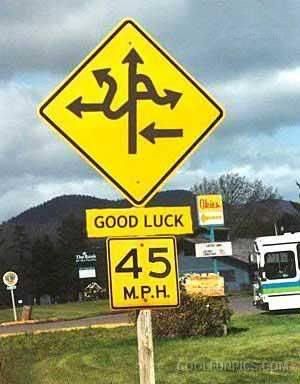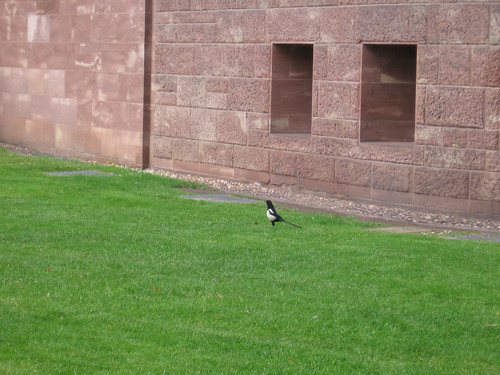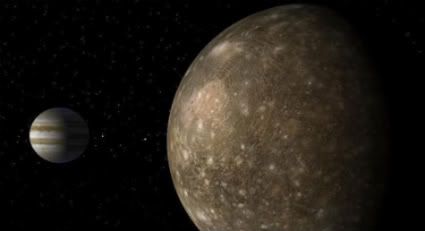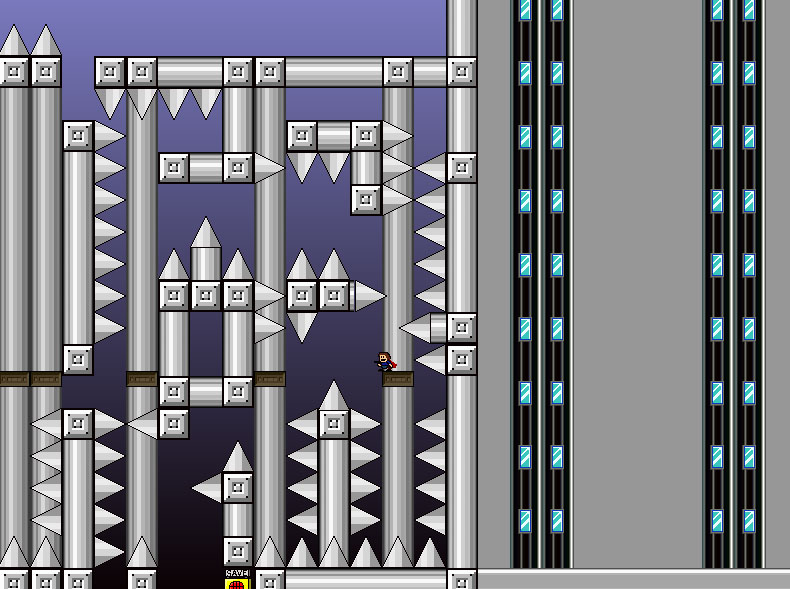Tranquility Base was a misleading name for the installation, at least on the date in question. After a great deal of communication between the Terran government and the Jovian military, a single vessel was authorized to cross the interplanetary void. It docked at Tranquility Base under the watchful remote visual links of the installation’s massive MAC batteries. The turrets turned back towards the infinite emptiness as the docking collar was secured and the ships’ passengers walked to their destination.
Rear Admiral Cyprus knew what to expect. He sat behind the carved mahogany desk, his hands resting on the blotter as he monitored the progress of his guests through the polished metal corridors. He reminded himself, as he often did, that this heirloom had required as much fuel to move from Terra to his office as a lightly-armed infiltration squad. He didn’t want to forget that some sacrifices were necessary while others were frivolous.
Next to him stood his adjutant, who kept an ear out for the trod of incoming boots which were somewhat muffled by the carpeted walkways. Their guest had a presence, however, and both men felt it when the doors parted to admit him and his handful of armed escorts.
“Welcome to Luna, General Minos,” Cyprus said cordially. “I trust your journey was a pleasant one?”
“Space travel is a tedious and uncomfortable experience.” Minos of Io was flanked by four of his personal guard, veteran soldiers, killers to a man. “Not to mention I have very little patience for Terrans in general and Terran Command in particular. The politicians and peaceniks may be interested in peace between us, but as far as I’m concerned the Jovian Colonies deserve to be treated as separate, sovereign worlds. But I’m not here to debate our independence. I’m looking for a scientist.”
“You’ve come to the right place. Tranquility Base is one of the Terran Confederacy’s premiere research stations. We have quite a few scientists here.”
“I’m looking for one in particular. Rather than dance around verbally, however, I have a means of discovering if he is here.” The general handed a small data card to the admiral. “Transmit the contents of this data card to your research staff. It contains an algorithm that, I am told, is unsolvable. It was being developed on Callisto before the abduction of the scientist in question, and we believe he might be able to solve it.”
Cyprus nodded, doing as the general asked. The admiral’s adjutant looked on as Cyprus sent the data to the terminals throughout Tranquility Base. Once the transmission was complete, the admiral leaned back to regard his Jovian counterpart.
“Why don’t you take a seat, General? This might take a while.”
“I suspect it won’t.” Minos stroked his mustache. Cyprus made a non-committal noise. Terran tracking stations had been observing Minos’ spacecraft as it made its way through the asteroid belt and stopped on the Martian moons. Both stops had seen the general storming into the commanding officer’s presence, make this same demand and leaving after all of the scientists and mathematicians at both installations had given up. Minos, however, was undeterred. Cyprus knew the Jovian would scour the surface of Terra if he had to.
A soft ping was heard from Cyprus’ terminal. He looked it over for a moment, and then turned the screen to face Minos. The equation staring back at the Jovian general made no sense to him, but the fact that it was a solution caused him to lean across Cyprus’ desk with a snarl.
“I want Professor Daedalus returned to Jovian custody at once.”
“Professor Daedalus is not a prisoner.” Cyprus’ fingers interlaced under his chin as his elbows rested on his blotter. “He is our guest, and if it is his wish to return to Callisto…”
“He was abducted!” Minos roared, pounding the desk with his fist. “An infiltration squad of Terran soldiers came to Callisto, using the storms and gravitational shadow of Jupiter to mask their presence. They navigated our corridors, kidnapped Professor Daedalus, stole or destroyed his research, and killed several of my men, including my base security chief, Colonel Talos. His presence here is all the proof I need. You will release him to my custody, and if you wish to prevent a full-scale interplanetary war, you will hand over the terrorists responsible for this cowardly act!”
Cyprus remained unmoved in expression. After a moment, he addressed his adjutant without looking away from the enraged Jovian.
“Lieutenant Commander Theseus, here, will take you to Daedalus. Commander, if you would.”
“Aye, sir,” Theseus replied, moving to the door. “This way, gentlemen.”
Minos was surprised, but hid his emotions behind his mustache. The Terrans were capitulating too easily. Something was going on that he didn’t like. Was he being deceived? Had they moved Daedalus to another location, or were they perhaps in the process of doing that now?
“You commanded the Taurus division,” Theseus observed as they walked, “which was involved in more exchanges during the war than any other unit on either side.”
“That’s true.” Minos tried to put his frustration and suspicion behind him. “They served with courage and honored us with their sacrifices.”
“I have no doubts about that,” said the younger man, guiding them through the brushed steel corridors, “but I have to wonder why the Martian colonies were so brutally handled. Most of the population there were civilians, and I hear the noxious weapons used on the crop domes fed into the air processors in a way that will take decades to clear up before new colonists can settle there.”
“Much of that is hyperbole and propaganda,” Minos said dismissively. “There were reports of Terran troops hiding among the civilian population. There were civilian casualties on Mars, yes, but the damage done to the fragile and fledgling eco-system was as much the fault of the cretins designing the processing plants as it was any Jovian action.”
Theseus nodded and changed the subject. “I can understand why you want Professor Daedalus returned. He’s been a real asset since his arrival, and has made several key changes to the installation.”
“You’ve been forcing him to work?”
“No, we haven’t. We don’t force people to do anything when they come to us willingly.”
The commander’s words made Minos stop in his tracks. Theseus turned. The Jovians were standing in an intersection of corridors, and when Theseus reached out and touched a spot on the wall, four heavy doors slammed down around them. Each door had a small, thick porthole in it, and Theseus was visible through one of them. There was the hissing sound of a pressure seal, and Minos’ men raised their weapons.
“Put those down!” Minos snapped. “You want to kill us with ricochets, you idiots? Burn us out!” One of his men fumbled with a backpack looking for his torch when a speaker snapped on.
“As I was saying before I was so rudely interrupted,” Theseus said coldly into the handset he now held, “Daedalus has made some changes to our installation, such as these heavy blast doors that resist hard vacuum. He prepared them specifically for your arrival. He told us you’d be coming.”
“You coward!”
“I’d save your breath, General. You haven’t got much time left. Do you have a message for your family? You see, I was never given the opportunity to send one to mine. They were colonists on Mars, who were slaughtered on your orders.”
Minos raised his chin. “How does this make you any better than me, Commander?”
Theseus stalked to the porthole, scowling at Minos. The general was taken aback. The man who had appeared as nothing more than a glorified secretary suddenly had a countenance appropriate to the blackest pages of human history, an absolute terror to behold.
“When I kill, Minos, I kill soldiers. I kill those fighting to kill me. I killed Talos because he was about to send me to my family by way of a poisoned dagger at my throat. As for the civilians on Callisto, not a single one was harmed and I doubt most were even aware of our presence. War is an ugly and brutal thing to behold, let alone participate in, and yet you brought it into people’s homes when you had no right. Children and pregnant mothers died choking on their own vomit because of you. Seven thousand souls, and you snuffed out every single one without having the courage to show your face.”
Minos tried to muster a defiant response, to salvage some sort of moral or pyrrhic victory from this. The guard trying to get his torch working finally lit the white hot flame.
“Take a good look at my face, Minos,” Theseus was saying. “This is the face of a murderer who looks his victim in the eye. It’s the last thing Talos saw. Now you two have that in common. Daedalus would tell you to give his regards to his son, but we both know you’re not going the same place he went.”
And with that, Theseus activated the chamber’s upper door. It opened to the blackness of space above Luna. Minos maintained eye contact with the younger man before he was pulled upwards into the void. Without pressure suits, all seven men were dead within minutes. Theseus turned away and adjusted the channel on his handset.
“Get a cleanup crew to junction DA-12, exterior. Have the bodies put back on the Jovian ship per Professor Daedalus’ instructions.”
He walked through the installation and down a flight of stairs, into the very bowels of Luna. He found his quarry sitting at a terminal in the corner of one of the workrooms, indistinguishable from the other desks. The man’s hair had grown along with his beard, but when he looked up his eyes shone with the intelligence and resolve Theseus had seen from the moment he’d found the physicist in the darkness of Minos’ base.
“It’s done,” Theseus said quietly. Daedalus sighed a bit, passing a hand over his eyes.
“My son can rest in peace. Are their bodies being put back on their ship?”
“Just as you asked. It happened just as you said, right down to him using that equation to determine you were here. How did you know he’d do that, by the way?”
“You can’t determine one human biorhythm from another unless you get very close. Using a negrav ship for our escape masked our trail, and he had little else to go on after I deleted my files & backups and you trashed the servers.”
“So why this equation in particular? What is it, exactly?”
“It’s a small program I put into long equation form. A bit of a cypher, really. It expresses the intent and procedure of the program mathematically, like using an encryption key to make a simple text message appear as random characters. I never did get to finish the equation version of the program, however, and without my files…”
“You brought some with you, didn’t you? I mean you’ve been working on a new negrav design…”
“Yes, my boy, but I didn’t save any information on this program. I couldn’t. I didn’t want Minos to have any idea what was in store for him. But now that the equation is complete, I can tease it out into a programming format and use it for its intended purpose. Instead of him going to war to get me back, he used the equation to track me down, when all the while I’ve been here waiting for him. The program he unwittingly helped complete will cause his ship to have an accident on the way back to Callisto. The accident will occur after he reports, in his own voice, that I have been retrieved without incident.”
“I’m sure the Jovians will cry sabotage.”
“They might, they might indeed. But I hope you and I will be far enough from this place that it won’t matter. You mentioned my new design, Theseus, and I’m curious as to your input.”
The physicist called up a schematic of his design, and it sprang to life above the desk, floating in midair, rotating slowly to allow Theseus to take in every angle. He was speechless, and Daedalus smiled for the first time since before his son left Callisto for the last time.
“I’m glad you like it, Commander. I call it the Argo.”







